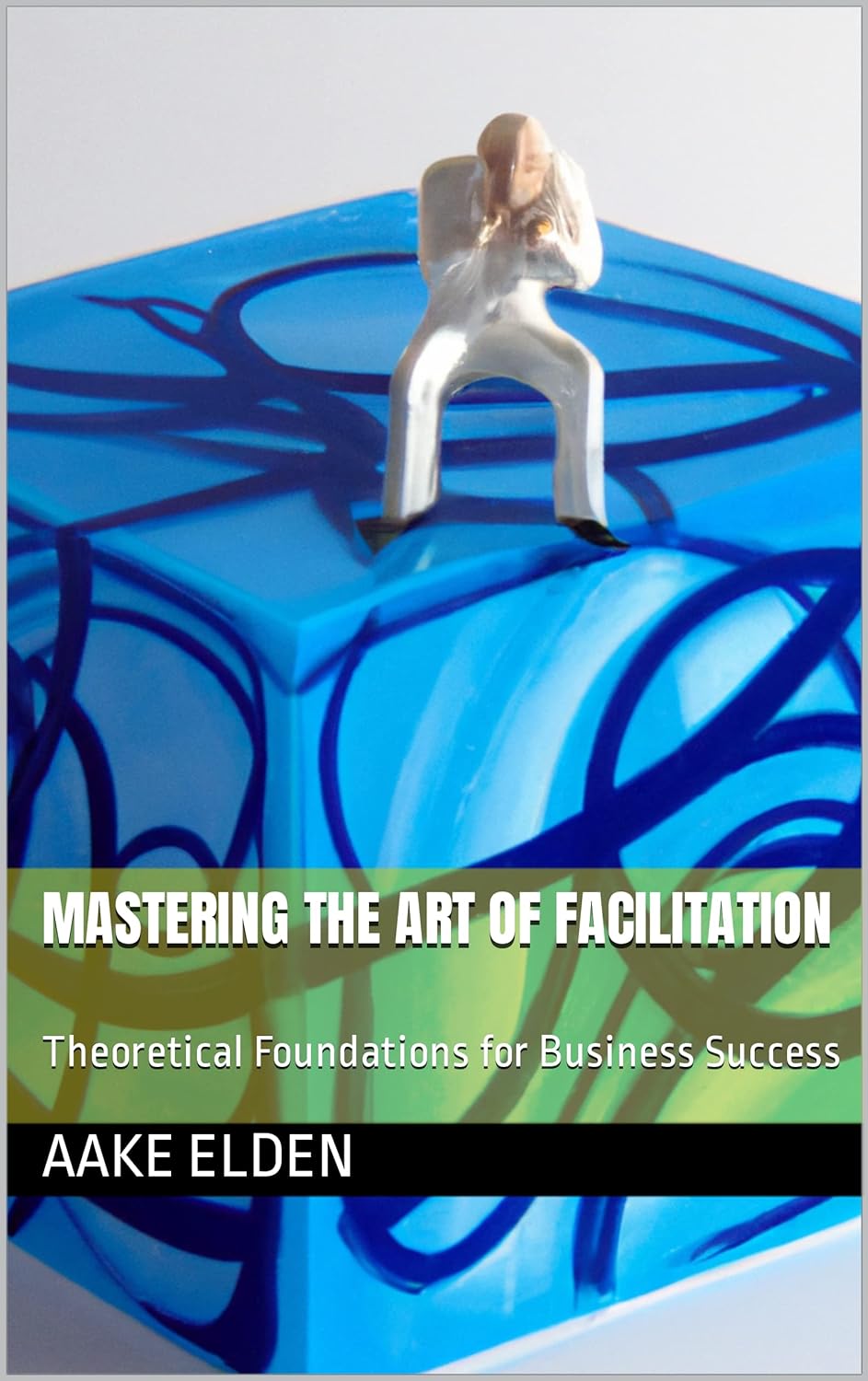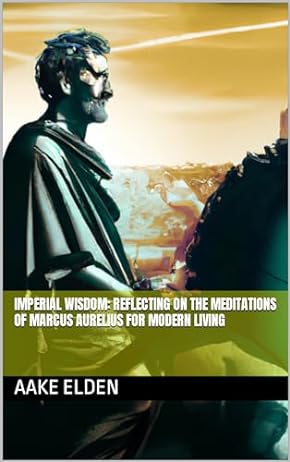Our Top-Charted eBooks on Amazon..
The Dunning-Kruger Paradox: Why Overconfidence Can Be Good for You
#1 in Management Skills &
#3 in Business Office Skills
#1 in Management Skills &
#3 in Business Office Skills
Tacit Knowledge: The nature of knowledge, the awakening of untapped capability, and the untold journey from knowledge to entertainment
#2 in Leadership
#2 in Leadership
...and a large selection of eBooks from numerous categories; all offered as a part of our service!
In an epoch where artificial intelligence (AI) is no longer the subject of science fiction but a tangible driver of our daily lives, the question of how human cognition interfaces with machine learning is not just interesting but also imperative. At the same time, the complexities of human cognition, often fraught with various forms of bias and misconception, add an additional layer of intrigue. One such cognitive bias that has fascinated psychologists for decades is the Dunning-Kruger effect—the intriguing quirk of human self-assessment where one's competence and incompetence are often misjudged.

#2 in Leadership
Delving into the intertwined history of AI and human psychology, the narrative traces the evolution of intelligent machines from ancient myths to modern neural networks. It seeks to understand how AI reshapes our comprehension of human thought and emotion. By dissecting the Turing Test and contemplating machine consciousness, it raises questions about machines emulating human attributes like creativity and empathy. The discussion further considers the psychological implications of AI in our lives, such as trust, fear, and anthropomorphism, urging readers to reflect on our evolving identity amidst technological advancements.
.jpg)
#2 in Leadership
#2 Leadership
Tacit knowledge, derived from experience and intuition, significantly influences business profitability. It boosts problem-solving, improves task efficiency, and strengthens customer relationships. Additionally, it aids in employee retention, offers competitive advantages, and guides strategic decisions. While it's hard to document, transferring this knowledge is vital. Effectively harnessing tacit knowledge can lead to increased innovation and business success. This work suggests methods to capture and share this crucial asset.
.jpg)
#1 Management Skills
#3 Business Office Skills
A renowned cognitive bias sees novices overestimating their skills while experts might undervalue theirs. Though often portrayed as a cautionary tale of overconfidence, there's another side to the story. Drawing from extensive research, overconfidence can boost motivation, enrich learning, ignite entrepreneurship, and enhance well-being. By weaving in theories from leading experts, a fresh, multifaceted perspective on this well-trodden psychological concept emerges.

Human Resilience Governance (HRG) is presented as a fundamental precursor to Environmental, Social, and Governance (ESG) frameworks. The perspective argues that without considering the inherent resilience within individuals and society, the potential of ESG remains untapped. There's a bold call for reimagining conventional structures, placing HRG at the heart of ethical governance. It's a provocative read for those looking to challenge prevailing norms and advocate for a resilient, individual-centered future.
#2 in Leadership
Caution is advised against prematurely limiting AI or over-regulating its use, emphasizing AI's potential as a transformative force for societal growth and well-being. The undervaluation of human capital is critiqued, pushing for its optimization. AI's role in preserving human resources value in organizations is highlighted, with a call for greater integration among scientific disciplines. Addressing the existing imbalance between capital and human resources, a shift to an outcome-based society is championed, ensuring effective use of all resources for a sustainable future.
.jpg)









.jpg)
.jpg)







.jpg)
.jpg)























